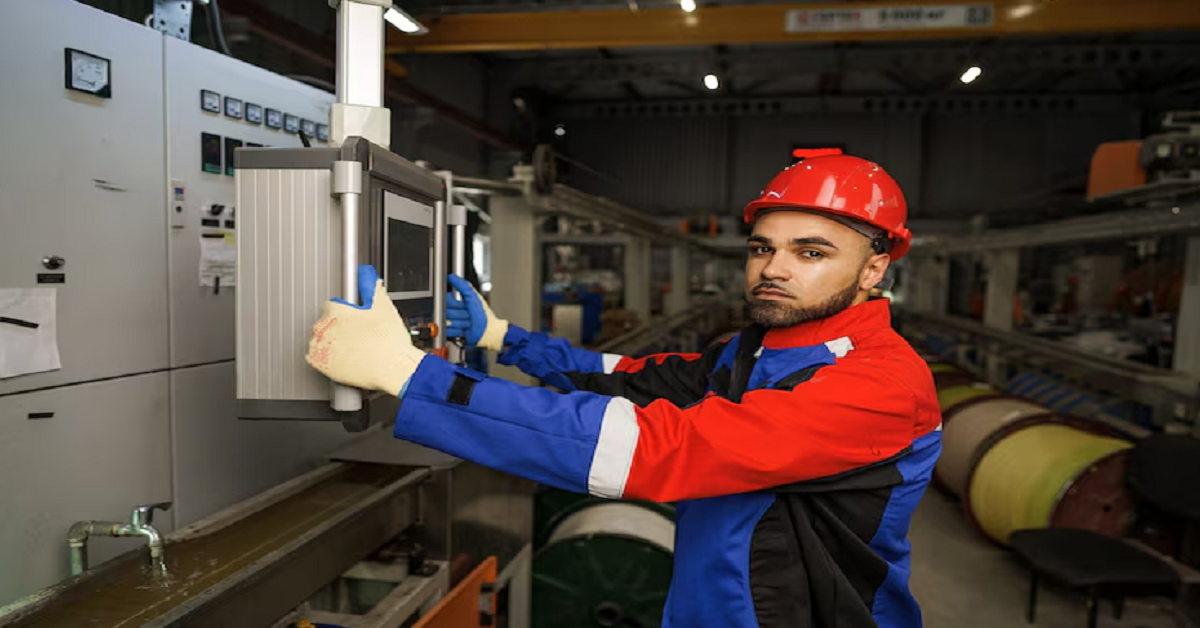In the realm of industrial operations, maintaining the right temperature is crucial for ensuring safety, efficiency, and product quality. Industrial temperature sensors play a pivotal role in monitoring and controlling temperature across various applications, from manufacturing processes to power generation. This guide explores the importance of industrial temperature sensors, their types, and their applications, highlighting why they are indispensable in modern industry.
Understanding Industrial Temperature Sensors
Industrial temperature sensors are devices used to measure and monitor temperature in industrial environments. These sensors convert temperature data into readable signals that can be interpreted and used for controlling processes. Accurate temperature monitoring is vital because even slight deviations can affect product quality, equipment performance, and safety.
Types of Industrial Temperature Sensors
- Thermocouples: These are among the most widely used industrial temperature sensors due to their wide temperature range, durability, and fast response time. Thermocouples consist of two different metals joined at one end. When heated, they produce a voltage that correlates with temperature. They are suitable for applications like furnaces, kilns, and engines.
- Resistance Temperature Detectors (RTDs): RTDs are known for their high accuracy and stability. They work by measuring the resistance of a metal (usually platinum) that changes with temperature. RTDs are ideal for applications requiring precise temperature measurements, such as chemical processing and food production.
- Thermistors: These sensors are made of semiconductor materials that exhibit a change in resistance with temperature. Thermistors are highly sensitive and suitable for applications where detecting small temperature changes is critical. They are commonly used in HVAC systems, medical devices, and battery management.
- Infrared Sensors: Infrared temperature sensors measure the thermal radiation emitted by an object to determine its temperature without direct contact. These sensors are useful in situations where contact-based measurement is impractical or impossible, such as moving machinery or high-voltage equipment.
- Bimetallic Sensors: These sensors use two metals with different expansion rates bonded together. The differential expansion with temperature causes the metals to bend, which can be translated into temperature readings. Bimetallic sensors are simple and reliable, often used in thermostats and temperature switches.
Applications of Industrial Temperature Sensors
Industrial temperature sensors find applications across a wide range of industries:
- Manufacturing: Temperature control is critical in processes such as metal forging, plastic molding, and semiconductor production. Accurate temperature monitoring ensures product quality and consistency.
- Energy and Power: In power plants, temperature sensors monitor critical parameters in boilers, turbines, and transformers. This helps in optimizing performance and preventing failures.
- Food and Beverage: Maintaining proper temperature during food processing and storage is essential for ensuring safety and quality. Temperature sensors help in monitoring and controlling temperatures in ovens, refrigerators, and freezers.
- Automotive: Temperature sensors are used in engines, exhaust systems, and climate control systems to monitor and regulate temperatures for optimal performance and safety.
- Pharmaceuticals: In pharmaceutical manufacturing, precise temperature control is crucial for ensuring the efficacy and safety of products. Temperature sensors monitor processes such as fermentation, sterilization, and storage.
Benefits of Using Industrial Temperature Sensors
- Accuracy and Reliability: Industrial temperature sensors provide precise and consistent temperature measurements, ensuring optimal process control and product quality.
- Safety: By monitoring critical temperatures, these sensors help prevent overheating, equipment damage, and potential hazards, ensuring a safe working environment.
- Efficiency: Real-time temperature monitoring allows for timely adjustments, improving process efficiency and reducing energy consumption.
- Cost Savings: Preventing equipment failures and optimizing processes through accurate temperature control leads to significant cost savings in maintenance and operations.
Choosing the Right Industrial Temperature Sensor
Selecting the appropriate temperature sensor depends on several factors, including the temperature range, accuracy requirements, environmental conditions, and response time. Consider the specific needs of your application and consult with experts to ensure you choose the right sensor for optimal performance.
Conclusion
Industrial temperature sensors are vital tools in ensuring the safety, efficiency, and quality of industrial operations. By accurately monitoring and controlling temperatures, these sensors help industries achieve optimal performance and prevent costly failures. Understanding the different types of industrial temperature sensors and their applications can help you make informed decisions for your specific needs.
Investing in high-quality industrial temperature sensors is a smart move for any industry aiming to enhance its processes, improve safety, and maintain high standards of product quality. Embrace the power of precise temperature measurement to stay ahead in today’s competitive industrial landscape.




